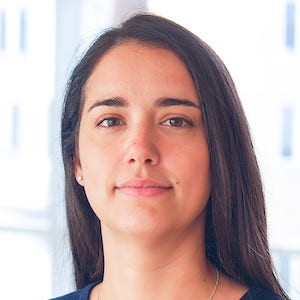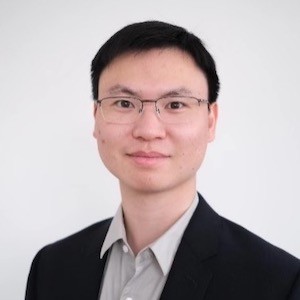News directly from Cornell's colleges and centers
Engineers win Air Force awards to study networks, spintronics
By Patrick Gillespie
A novel way to analyze complex network contagion and a new material to improve quantum computers, among other devices, is what two Cornell Engineering faculty members will be working toward, respectively, as recipients of 2024 Air Force Office of Scientific Research Young Investigator Research Program grants.
This year, the Air Force awarded $21.5 million to scientists and engineers who received their Ph.D. in the last five years and show “exceptional ability and promise for conducting basic research.”
Francesca Parise, assistant professor of electrical and computer engineering and of systems engineering, won for her proposal titled “Targeted interventions and higher‐order interactions in complex networks.”
Parise’s research focuses on the identification, analysis and control of multi-agent systems composed by a large number of users that make autonomous and selfish decisions while interacting with each other, with application to transportation, financial and social networks.
Her grant focuses on analysis and intervention design for network contagion processes based on statistical instead of exact network information, accounting for the possibility of group-based interactions. The obtained results will inform new policies for epidemic containment and information diffusion.
Yu Zhong, assistant professor of materials science and engineering, won for his proposal titled “Precision Synthesis and Assembly of Chiral 2D Polymers for Spintronics.”
Zhong’s work is focused on the design and synthesis of new soft materials and nanomaterials to explore both novel scientific phenomena and new technological pursuits.
His grant proposal is focused on the precision synthesis and assembly of chiral two-dimensional polymers as a new material platform for spintronic devices. This study aims to reveal new mechanisms underlying electron-spin-based computing and memory systems for energy-efficient information technologies, including quantum computing.
Media Contact
Get Cornell news delivered right to your inbox.
Subscribe

